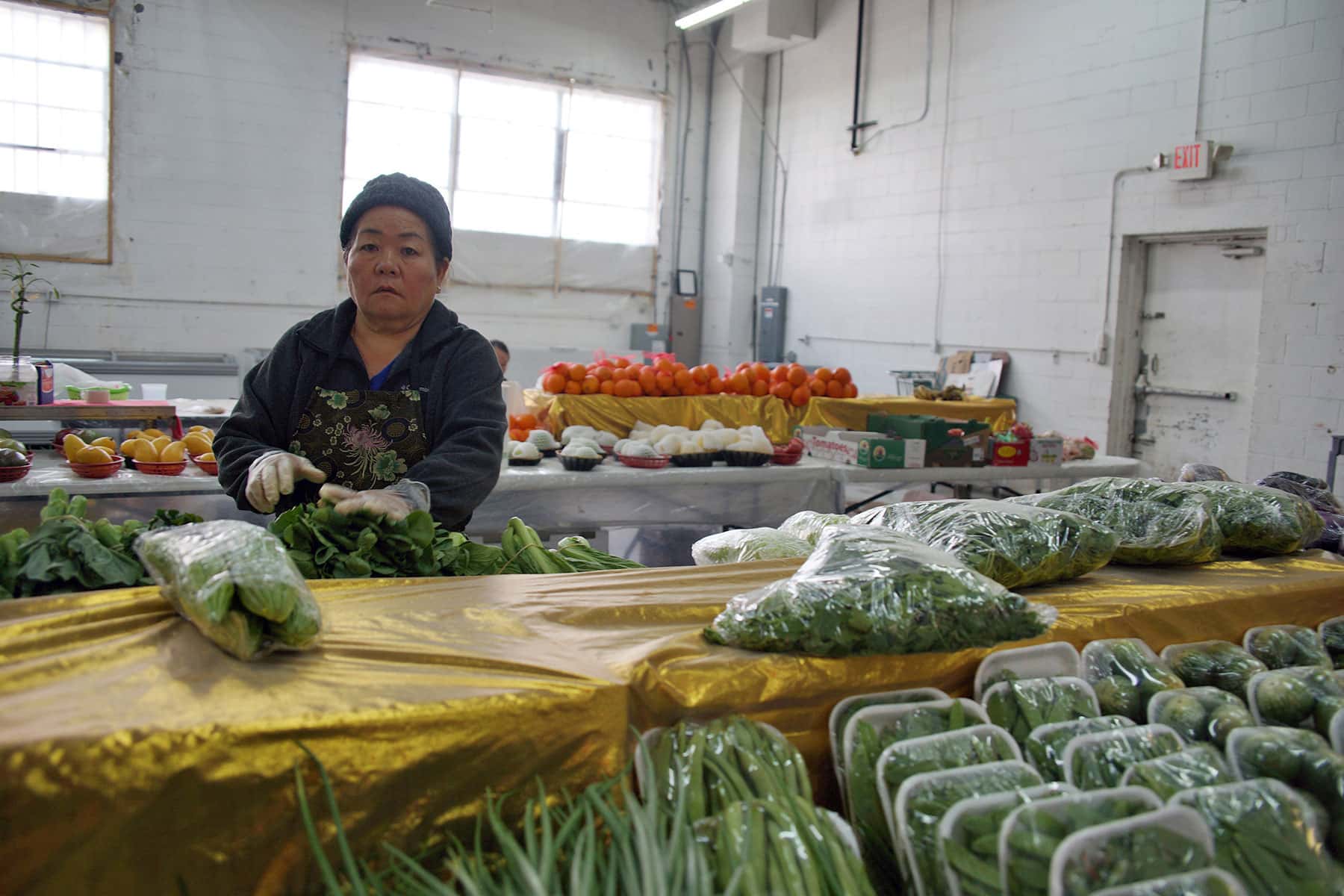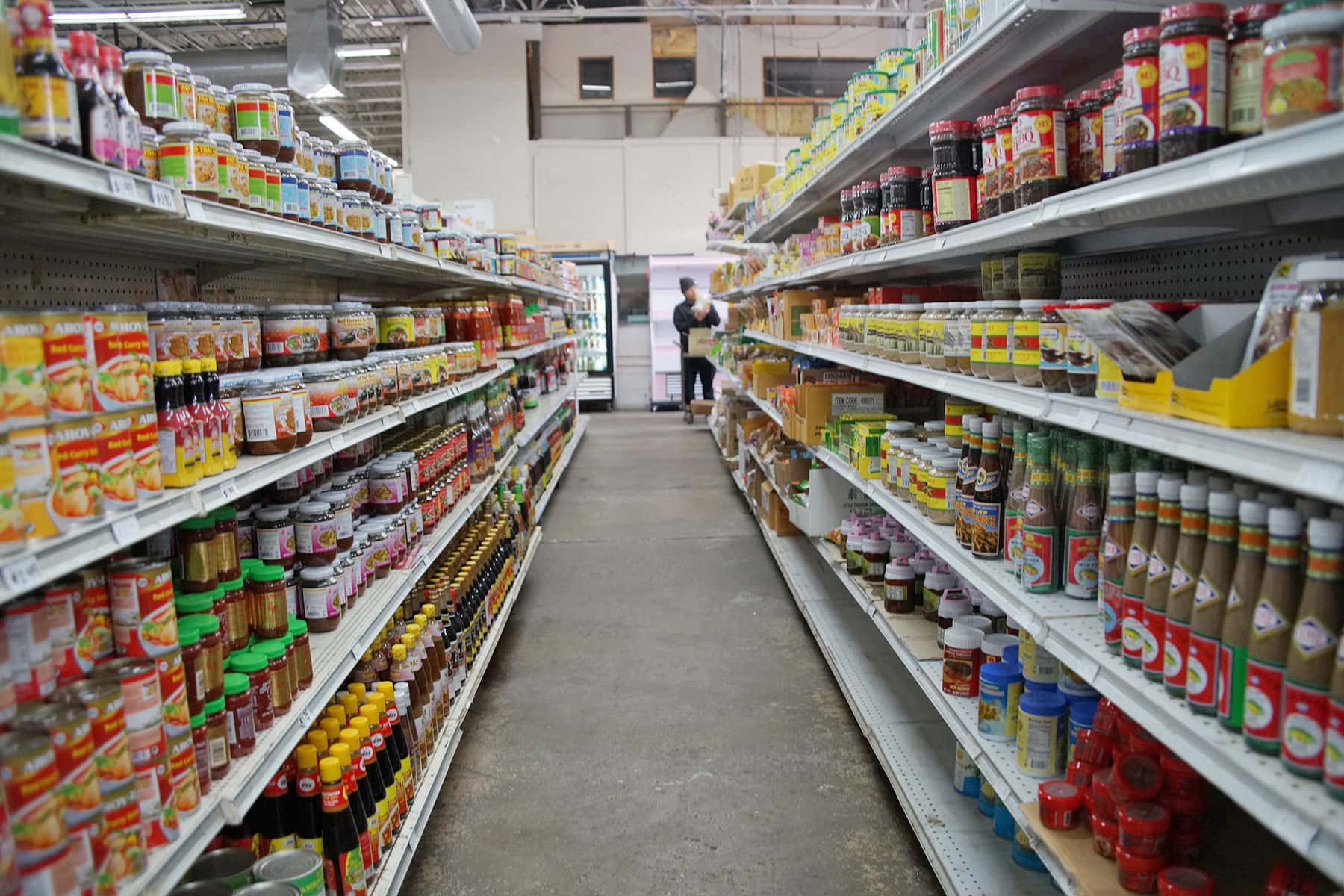
The Local Initiatives Support Corporation (LISC) has been awarded $2.5 million in federal funding to fuel economic opportunity in low-income areas and expand access to fresh food in entrenched food deserts.
LISC will seed a new small business development fund and spur healthy food-related enterprises with this week’s award from the federal Community Development Financial Institutions Fund (CDFI Fund). The funding will help support entrepreneurs, create jobs, expand local incomes and reduce blight in low-income areas across the country.
“The new Equitable Small Business Fund is yet another tool for supporting Milwaukee entrepreneurs and stimulating economic growth. We are working hard to increase the toolkit of equitable opportunities for our city, and spurring culturally relevant training to those who may not have thought owning a business was an option,“ said Donsia Strong Hill, Executive Director of LISC Milwaukee.
The new CDFI funding will support development of grocery stores, farmers markets, community kitchens and food production facilities in struggling areas. LISC has used prior CDFI Fund awards to finance supermarkets in Detroit, Kalamazoo, Chicago, Cincinnati, New York and Brockton, Mass., along with a farmers market in Flint, Mich., and a food coop in Minneapolis.
“Our goal is to expand the economic landscape for low-income people and places so they can raise their standards of living,” said Elise Balboni, LISC senior vice president for lending. “That means improving access to local goods and services, growing local incomes and improving local property values. The fund is part of our broader efforts to make communities safer, stronger and healthier.”
The Community Development Financial Institutions Fund (CDFI Fund)—part of the U.S. Department of Treasury—announced the LISC grants as part of $208 million in awards to 303 organizations. In addition to $1 million for the small business loan fund, LISC’s CDFI award includes $1.5 million to fuel healthy food initiatives. LISC will leverage the federal funds to raise and invest $15 million in food-related enterprises that advance health goals in low-income areas.
© Photo
Lee Matz















